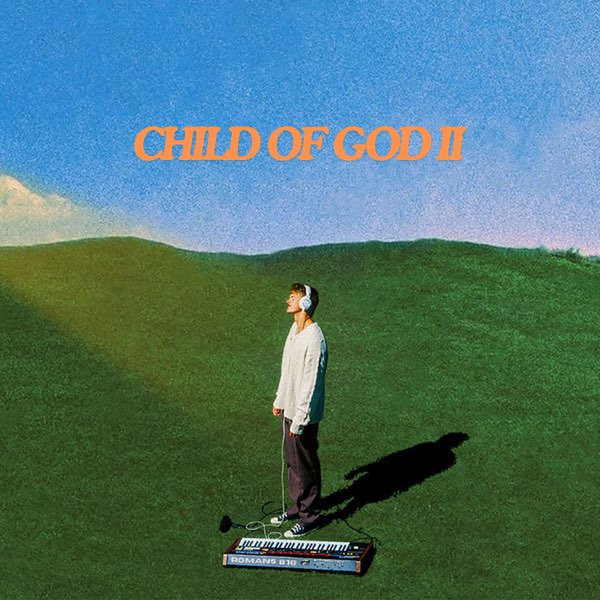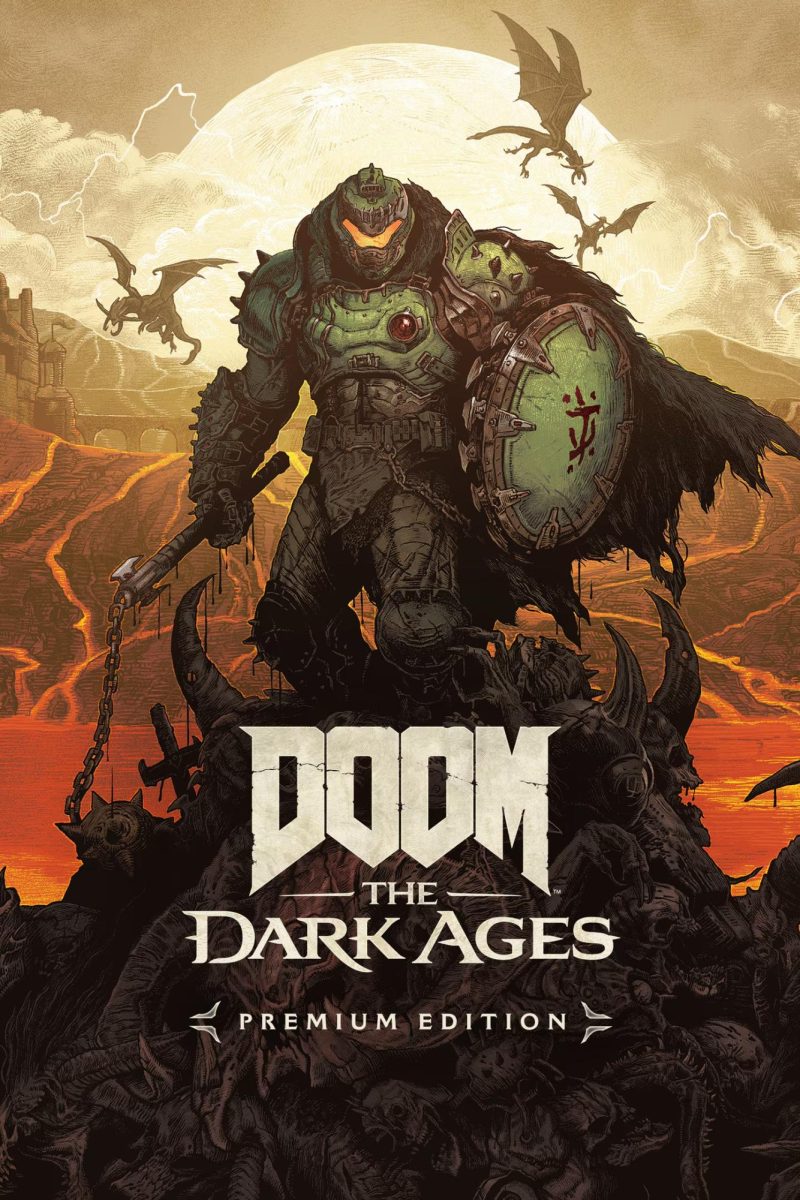For the past couple of months the news has been ablaze over the release of the movie called “The Interview.” A movie that was not going to be released because of violent threats, made by anonymous sources and hackers, targeting theaters that were going to show the movie and because of Sony (the company producing the movie) being hacked. In response the movie was never released in theaters but was released online through different distributors such as YouTube and Comcast’s “On Demand” service.
“The Interview’s” release spiraled into this controversy because of its jokes directed at North Korea’s leader Kim Jong Un. The whole plot follows two friends who after getting an interview with North Korea’s leader, are asked by the U.S government to assassinate him. After this scene the movie flounders around making some decent jokes at the expense of the dysfunctional personalities of the characters themselves as well as the nation of North Korea. Some of the jokes manage to highlight the censorship and propaganda within North Korea, while other jokes (that fail to be funny) are directed towards Kim Jong Un.
Ultimately the movie is not very interesting or good but the money it failed to earn from its satire has seemingly been made up from its public presence. A presence that in all fairness it really does not deserve because it lacks any deep or meaningful thoughts on the thing it makes fun of. This movie scares me more than it makes me laugh.
The fact that terrorists have the power to censor or control to some degree the release of a movie has terrifying implications for the freedom of expression. If people learn that they can just threaten movie producers whenever they see something they do not like, what will happen to the movies that do say something meaningful? Will they too be shut down and almost lost entirely due to threats of violence?
For all of my disdain towards “The Interview” I am still glad it saw an online release because it shows that we as a people will not give in to terrorists without putting anyone in actual danger. I think what Sony did provided the best solution for the problem at hand. The movie itself is a let down but the way the studio navigated the situation deserves some praise. They left a movie, albeit a bad one, in tact and preserved for future audiences hoping to take a look back in time. And maybe “The Interview” will inspire someone to go out and make a good movie that gives some thought to the plights of North Korea beyond what can just make an easy joke.




